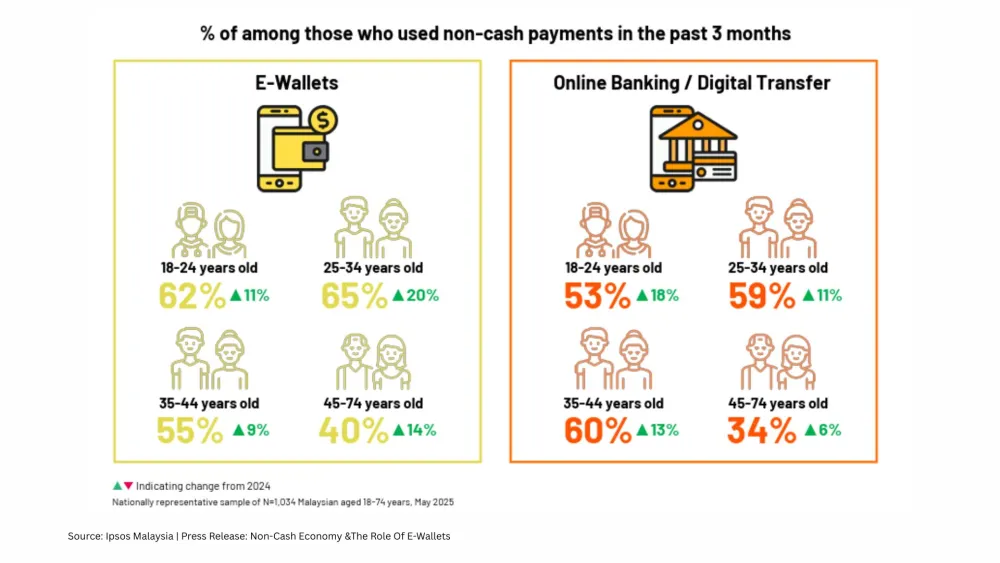
Are credit card rewards gambling too high?
By Jacqui ChinWith credit card profitability under continued intense pressure, surely launching new rewards programmes is ground that only ‘fools would dare to tread’?
Standard Chartered Bank is one of the latest major issuers to introduce a credit card rewards programme, with Bonus Points India launched last month. It follows in the footsteps of other Top 50 global issuers who have invested significantly in new programmes over the past 30 months.
Chase in the US and Barclaycard in the UK are just two of the issuers who have taken this path. Both companies are the number one issuer in their home markets and in the Top 10 global issuers, and Standard Chartered Bank is the biggest international issuer in India. It would be a brave man indeed who called any of these companies fools.
But is the rewards market simply oversaturated?
How can issuers possible compete against dominant existing rewards?
And isn’t the cost of rewards simply too much to bear?
Rewards programmes are abundant, but true customer loyalty is rare
Consumers have certainly signed up in their millions to rewards programmes across the globe. In developed payment and rewards markets such as Australia, Canada, the UK and the US more than 90 per cent of consumers have joined rewards schemes, and many customers are members of multiple programmes.
In the US alone the average household is enrolled in more than 18 loyalty schemes. Yet US customers are only actively using just over eight of these 18 reward programmes, and will only be truly engaged in a handful of the eight. (Colloquy, Leadertalk, 2011; Halifax, Consumer Research, 2011; Maritz Insights, Loyalty Report, 2011).
True customer engagement is a rare commodity. In a recent survey of over 140 leading US companies only 17 per cent gained a strong or higher customer loyalty rating.
Sadly no credit card businesses gained this accolade.
The top five companies were all retailers, that all maniacally put customers first; Amazon, Kohl’s, Costco, Lowe’s and Sam’s Club. (Temkin Group, Loyalty Ratings Report, 2011).
Competition has intensified in rewards, with dominant global coalitions
The battle for true customer loyalty is now raging with more intensity than ever before. During the past 30 months global coalition rewards players have invested in new firepower, consolidating an already dominant position.
These coalitions bring together a range of players into an independently branded rewards programme, running the scheme as a separate business. Coalitions now operate in the vast majority of developed markets, and have been launching rapidly in developing markets such as the BRIC economies.
More than 650 million consumers worldwide (14% of the adult population) are members of rewards coalitions, with dominant coalitions reaching over 50 per cent of household penetration in each market. (Finaccord, Loyalty Matters, 2011).
A ‘Big Three’ of global coalitions has emerged; Alliance Data, Groupe Aeroplan and Loyalty Partners. All three have expanded significantly into new markets in recent times, through a combination of organic and inorganic growth. They now have more than 50 million members across 13 markets, covering North and South American, Europe and Asia.
Whilst growing geographically they have also grown significant competitive advantage in scale, breadth and capabilities, enabling them meet customer needs more effectively. In particular these coalitions offer customers a wide range of relevant ways to earn and redeem rewards currency. Moving beyond simply signing up coalition partners to cover the majority of household expenditure, They have developed capabilities to give customers greater redemption choice and flexibility. One example is enabling members to ‘shop with points’ directly at merchants, using their rewards currency on the spot.
Early in 2011 the stakes raised further in the game, with American Express acquiring Loyalty Partners to become the biggest provider of credit card and coalition rewards globally.
The stakes are high because credit card holders give loyalty for rewards
In an uncertain financial landscape consumers are actively seeking more value, and are giving their loyalty to cards that provide compelling rewards. Credit cards with rewards have gained Top of Wallet status for over 85 per cent of customers carrying these cards; an increase of more than 50 per cent during the past few years in developed markets.
Customers not only say that rewards are the single most important factor in their decision to use a card, but their spending shows that in this case they ‘do what they say’. Spend is up to 450 per cent more for card holders with rewards than the average card holder, with spend growth five times higher than average. (Auriemma Consulting Group, Cardbeat, 2011; Maritz Insights, Loyalty Report, 2011).
Credit cards can compete by using new partnership business models
Rewards programmes are far from a new idea in the credit card industry. The oldest programmes reach back over several decades, and all of the Top 10 global issuers have proprietary card rewards programmes, as do many of the leading domestic issuers. Issuer rewards schemes work through partnership, bringing together a range of merchants and suppliers to provide rewards earning and redemption for card holders. But in the face of profitability pressure and increasing competition, new partnership business models are needed.
Partners must leverage respective strengths and assets more effectively, and better align partner interests through both the offer to customers and commercial contracts. Just some of the ways that credit card businesses are competing through new partnerships include;
• New technology innovation – The new Barclaycard Freedom rewards programmed launched in 2010, and the partnerships announced in the same year between Telefonica with MasterCard in Latin America and Visa in Europe.
• Inorganic growth – American Express is the most significant recent example of growing assets and capabilities through acquisition, with other major players using acquisition including Tesco Bank in the UK and Galeries Lafayette/Laser/Cofinoga in France and HSBC in the Middle East.
• Alliances with existing players – This is the path taken by Standard Chartered Bank to partner with Pinpoint for its new Indian programme, and by Chase in its partnership with Amazon to launch the Chase Ultimate Rewards programme in 2009. These are simply two of the businesses taking this route.
Earn customer loyalty and they reward you back
Businesses that reward, recognise and engage with customers, using a consistent Loyalty CRM approach, earn card holder loyalty in return. The partnership story from Marks & Spencer (M&S) and HSBC is a powerful example of how this can work.
In the depths of the financial crisis in 2009 the M&S HSBC partnership launched a new Premium Club for UK co-branded holders. Club members receive a suite of attractive rewards and benefits, with ongoing and personalised offers and communication. Membership costs £180 a year. Club member spend increased by 22% at M&S, with 53% of card holders enthusiastically recommending the card and club to friends and family. (TSYS, The Card & Payments Awards Magazine, 2010).
The partnership achieved this in a fiercely competitive rewards and payment market where no credit card fee is the norm.
They gained customer loyalty through the power of points and partners.
Jacqui Chin, Global Advisory Council, International Academy of Retail Banking, A Division of the Lafferty Group





















 Advertise
Advertise














